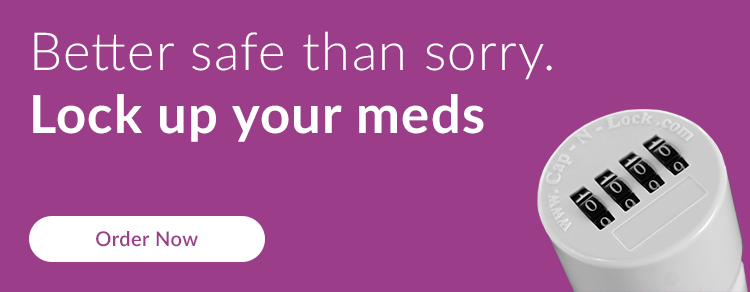Peer pressure impacts kids of all ages, not just teenagers. By talking to your kids early and often about peer pressure, you can give them the tools to best handle it when the situation arises. Your efforts now may keep your child safe from peer pressure years down the road.
Don’t know where to start? Here are seven conversations to have with your kids every day that will give them the tools and skills to handle peer pressure today… and down the road.
What was the best, and worst, part of your day today?
Regular conversations with your kids are essential, and asking how their day was will generally elicit a one-word response: “Fine.” Start when they’re young, and get into the routine of asking your kids to share the best, and worst, parts of their days with you. Then, listen to what they have to say. The names and incidents that come up in these conversations may give you clues to who your kid spends the most time with, and who has the most power to be influential in their lives.
What do you think about this?
Your kids are surrounded by images of destructive behavior on screens large and small – the TV, movie theater, computers, tablets, even your smartphone. Experts recommend addressing smoking, alcohol, drug use, and prescription drug abuse before the age of 10, and a good time to do it is when you see it together on a show. Ask your kids how they feel about the behaviors they are seeing on screen, and use their answers as a jumping off point to discuss why some people chose to engage in such behaviors, possible consequences, and what better choices could be made instead.
Did you have something else in mind?
If your kid is ever going to feel empowered to speak their mind and say “no,” they need to learn how to make up their own mind and stand strong in resistance. This means you must learn to respect your kid’s “no,” and let them practice this skill (within reason) at home with you. If your child doesn’t want to participate in an activity or has a different idea of what they would like to do, allow them to flex their decision making muscles. Tell them, “I understand you don’t want to participate in this right now. I respect your no, and I am proud of you for standing up for what you want.” This doesn’t mean you have to let your child walk all over you, but if they are ever going to learn this skill, it has to start at home.
What does your gut tell you?
Teach your kids to trust their instincts and listen to what their bodies are telling them in certain situations. Often times, they will feel sensations in their stomachs if they think something is wrong. They may feel fidgety or antsy, hot in the face, or sweaty. Start asking your kids to check-in about how they feel in different situations, physically and emotionally. Don’t try to convince them that they are incorrect about a feeling, be it sad, tired, hungry, hot, or nervous. Teaching your kids to listen to and trust what their body is telling them will help them listen to their intuition in the future.
Who is that?
As a parent, you have a responsibility to know who your kids are spending time with. You should know your kid’s friends, and spend time with them. You will be able to see what kind of influence these peers have on your kid, positive or negative. If possible, get to know the parents of your kid’s friends, so you have a wider network of responsible adults keeping watch on their activities. When your child and his friends are making positive choices, be sure to point it out to them.
Tell me about that app/game you are using!
Kids today have an entirely new world to navigate — online. Monitor and communicate with them about their online activities, favorite sites, and social networks they may frequent. Express interest in their online activities - have them explain what they like about the apps and games they are using. Talk openly about the specific dangers they can encounter online, and what to do if certain situations arise. Remind them that the same rules apply on the net as in real life, and that poor decisions online will result in real consequences. Point out when they are making good choices, and offer to support them if they ever need help getting out of an uncomfortable situation.
Preparing your kids to think for themselves shouldn’t wait until they are teenagers. By building up a sense of trust and confidence in themselves, and keeping an open dialogue about their activities and friends, you may keep your kid safe from peer pressure tomorrow and years down the road.





